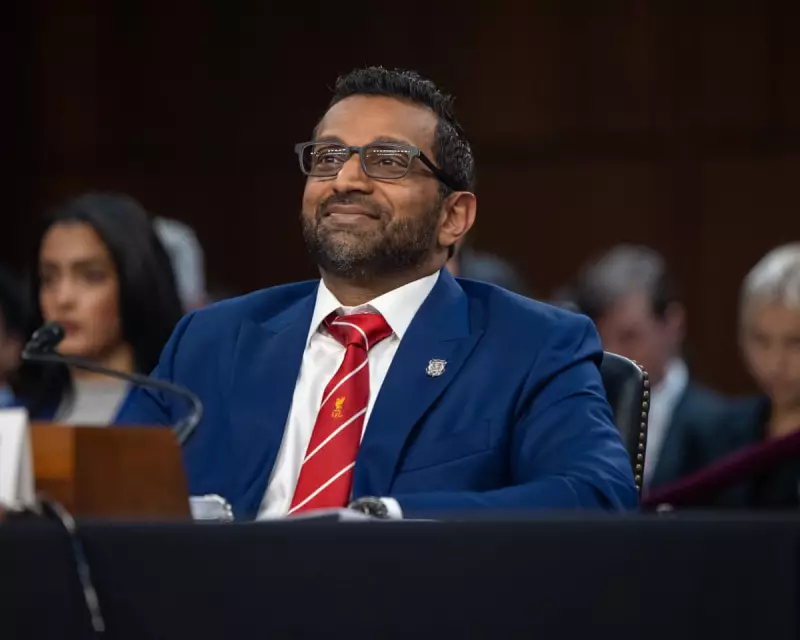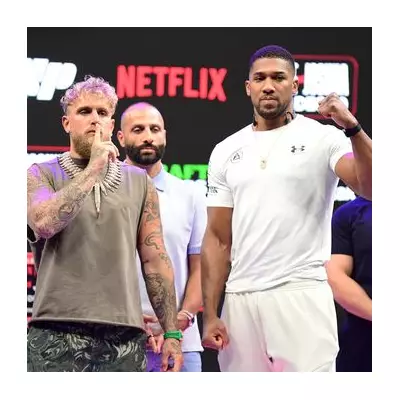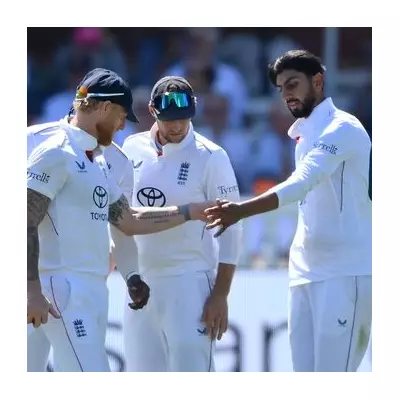
In a dramatic twist that merges high-stakes football finance with transatlantic politics, Kash Patel, the controversial figure behind the prospective takeover of Liverpool Football Club, has been formally summoned to appear before a powerful US Senate committee.
The hearing, convened by the Senate Committee on Homeland Security and Governmental Affairs, will scrutinise Mr. Patel's alleged involvement in financial misconduct and his deep-rooted political connections. This development throws the blockbuster £3.5 billion deal to acquire one of England's most iconic football clubs into serious jeopardy.
A Cloud Over Anfield
The proposed takeover, which had been progressing towards Premier League approval, is now under an intense spotlight. The Senate committee is seeking testimony on allegations that Patel's wealth is entangled with questionable sources and that his business practices may not align with the league's stringent owners' and directors' test.
This move by US lawmakers represents an unprecedented level of external scrutiny on a Premier League ownership bid, raising questions about the globalisation of football club investments and the challenges of regulating international financiers.
Who is Kash Patel?
Kash Patel is a former US government official and a prominent, polarising political operative. His sudden emergence as the frontrunner to buy Liverpool FC from Fenway Sports Group stunned the football world. His consortium's offer, one of the most substantial in British sports history, initially promised a new era of investment for the Merseyside giants.
However, his background has now become his biggest obstacle. The Senate hearing is expected to delve into his past roles and the origins of the vast capital required for the acquisition.
What Happens Next?
The Premier League has now effectively paused its approval process pending the outcome of the US hearing. League officials are monitoring the situation closely, understanding that a negative outcome could definitively scupper the deal.
For the Liverpool faithful, this news creates a fresh wave of uncertainty. The club, eager for investment to compete with rival state-owned and privately-funded teams, finds itself in a holding pattern, its future contingent on proceedings in a Washington committee room.





